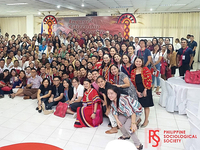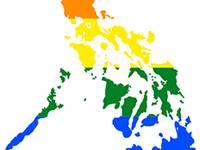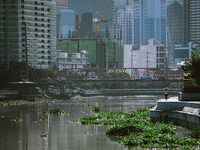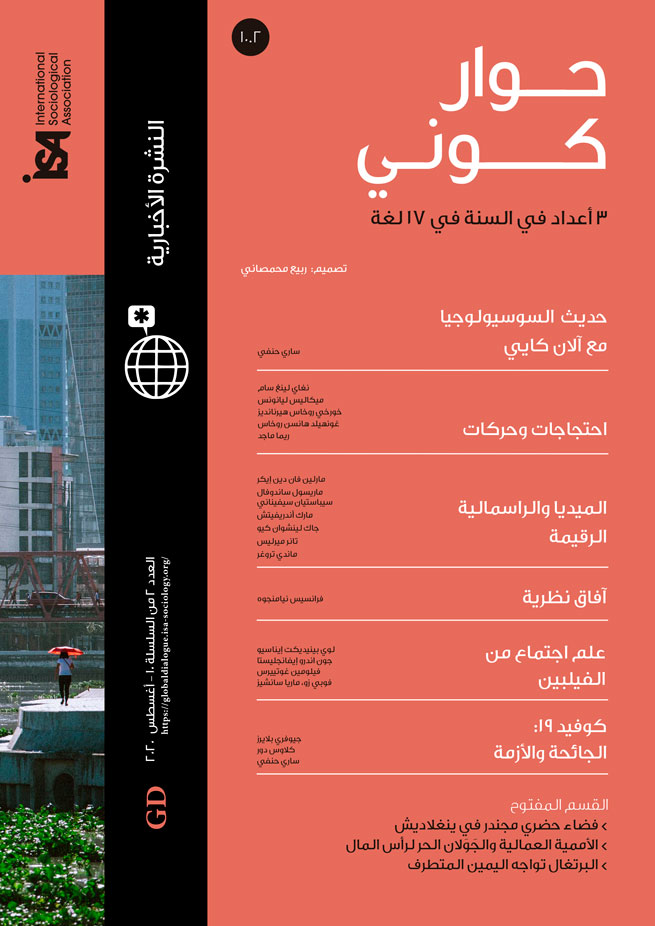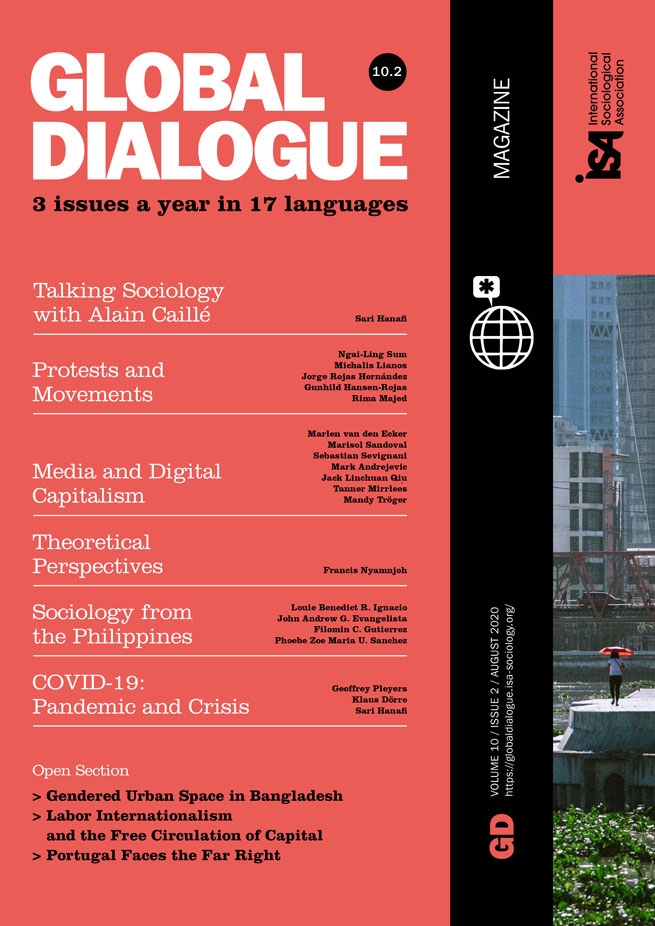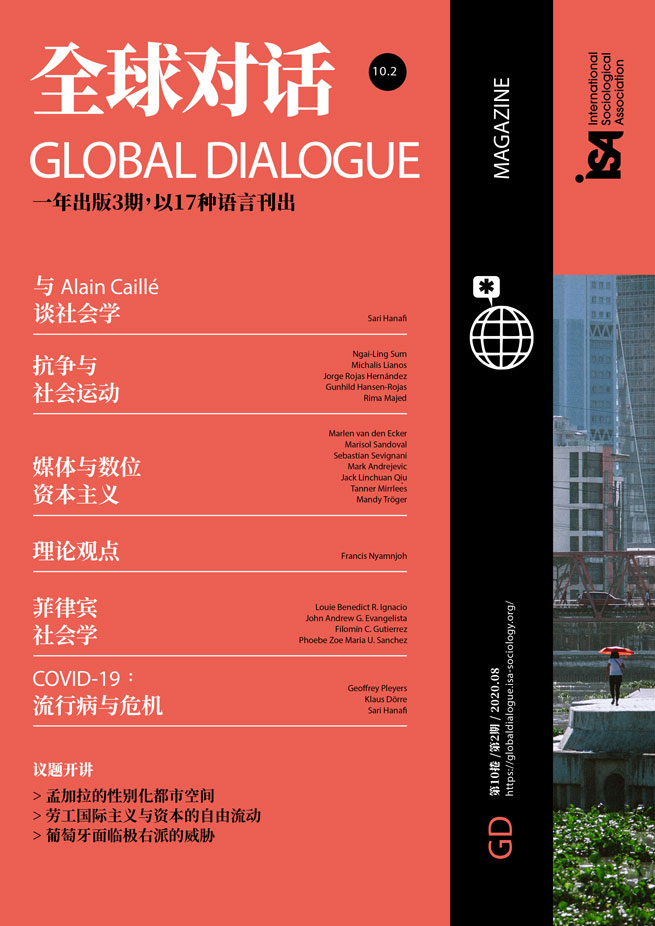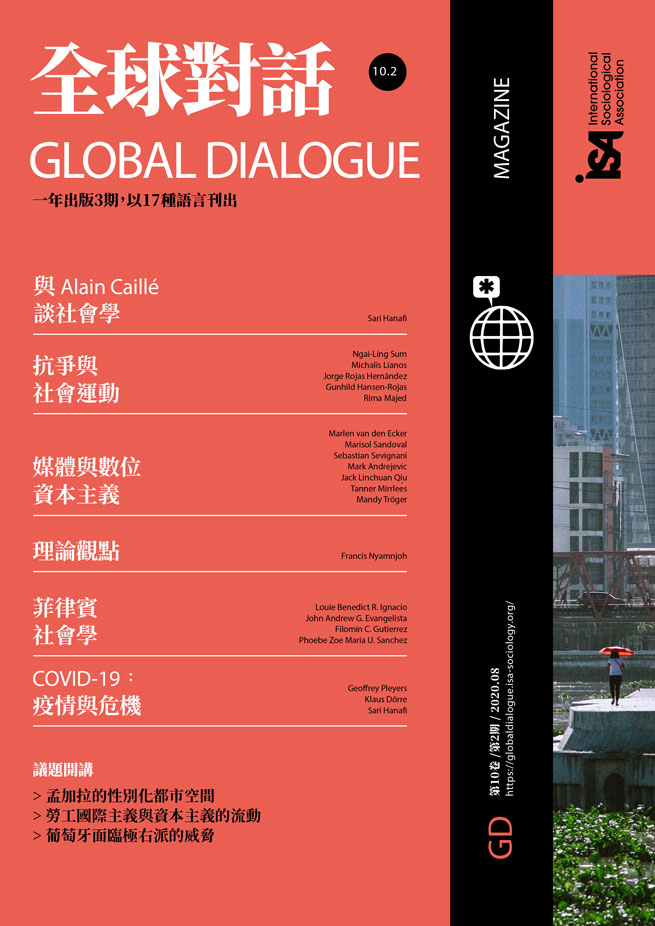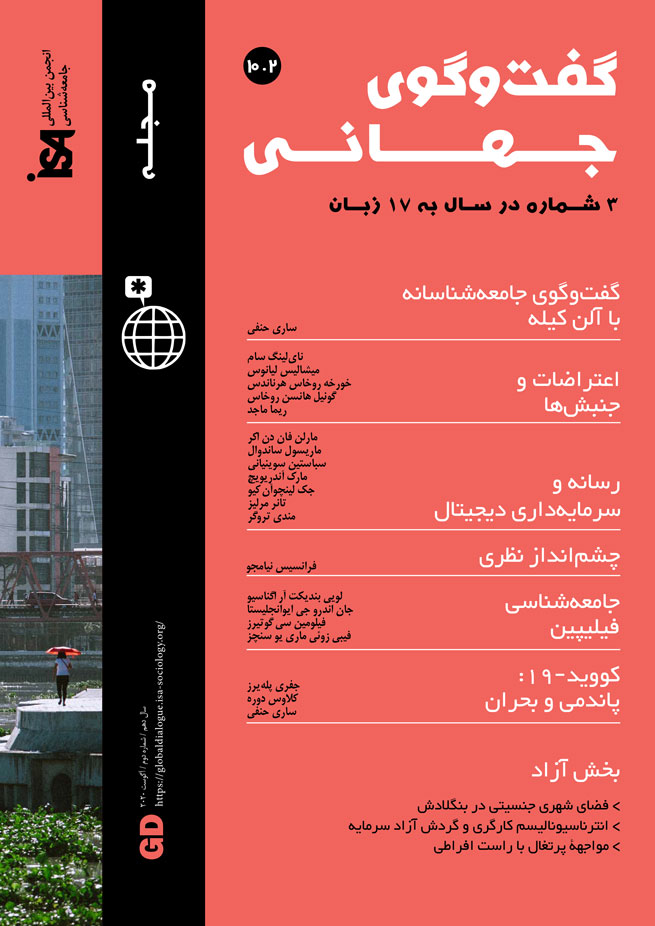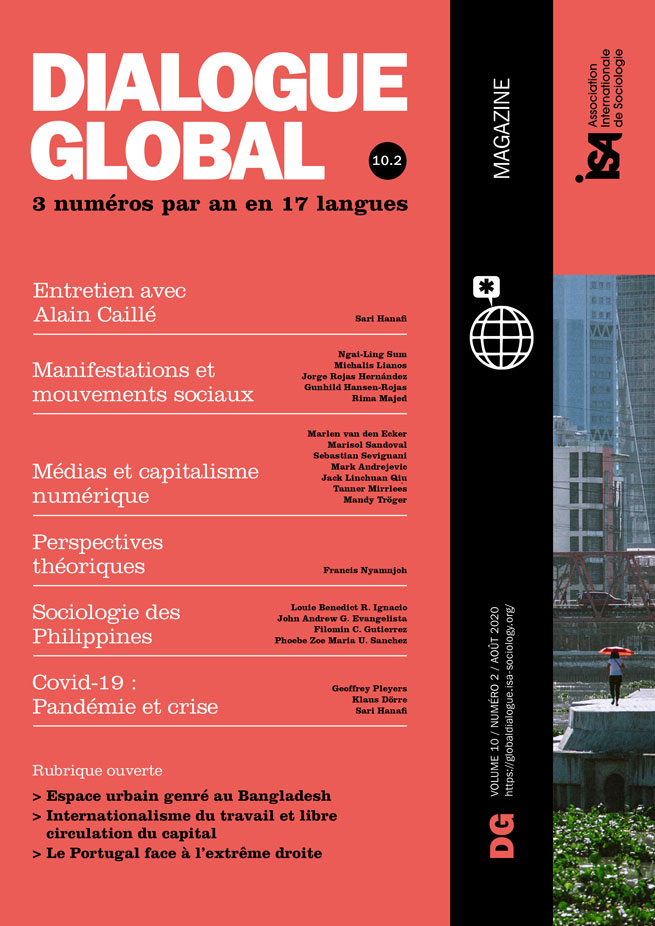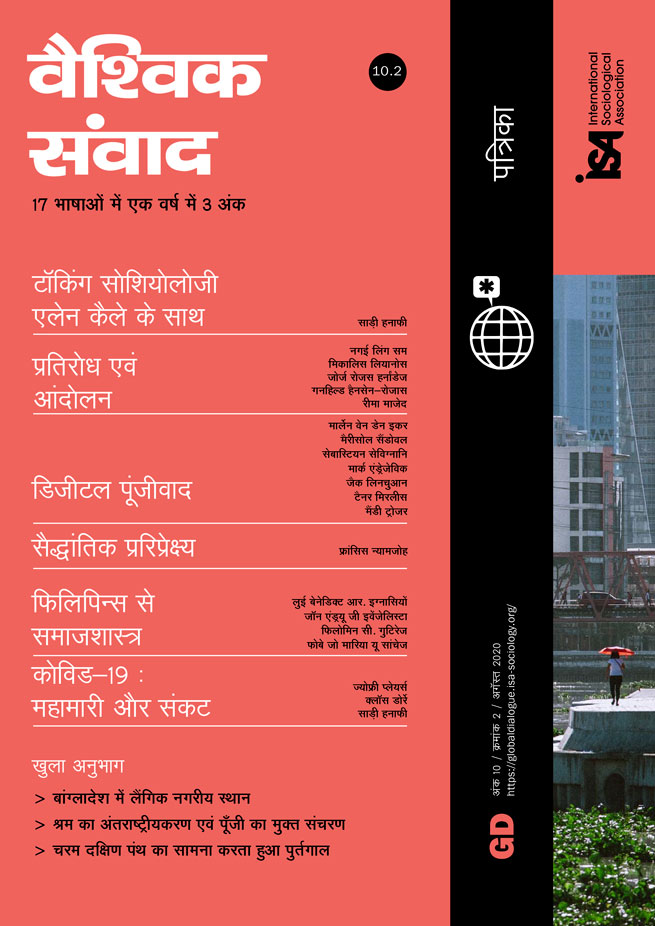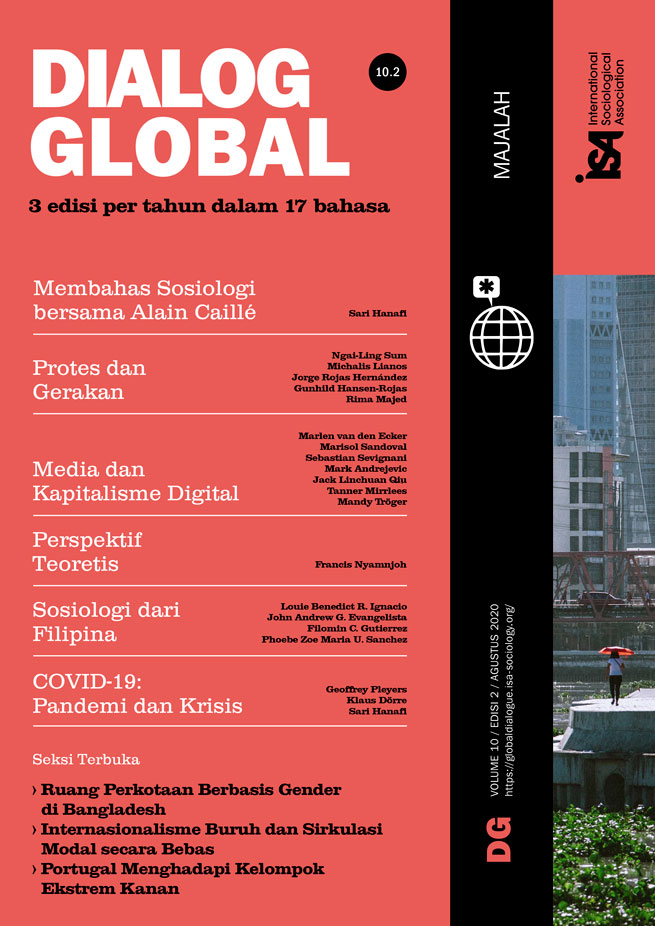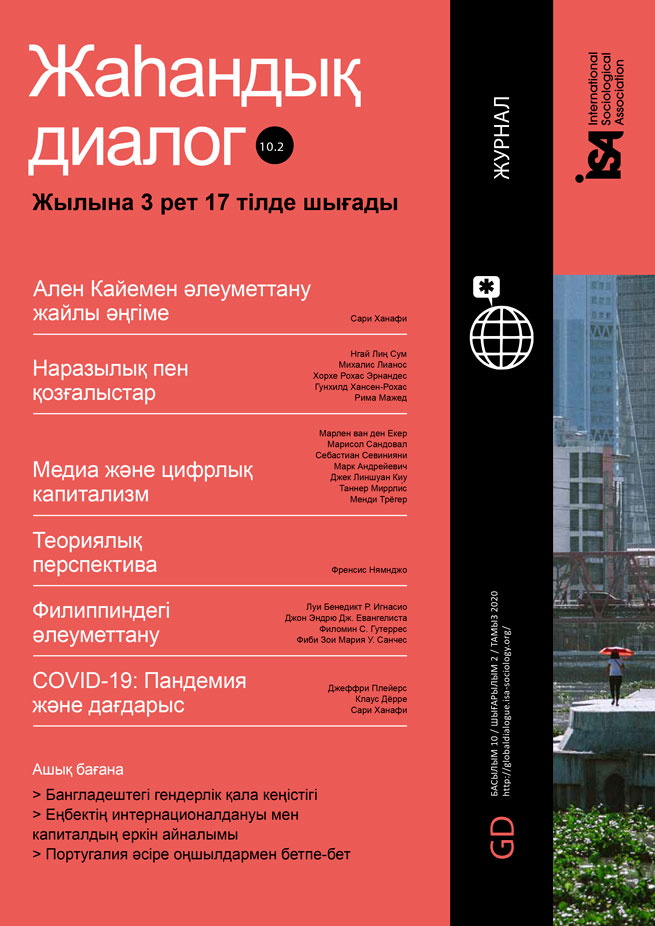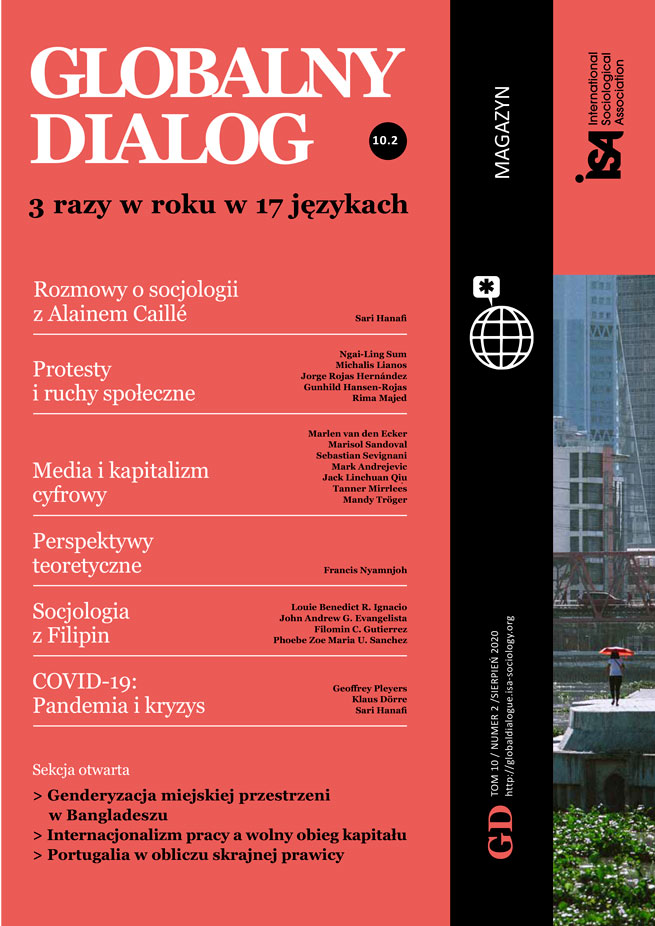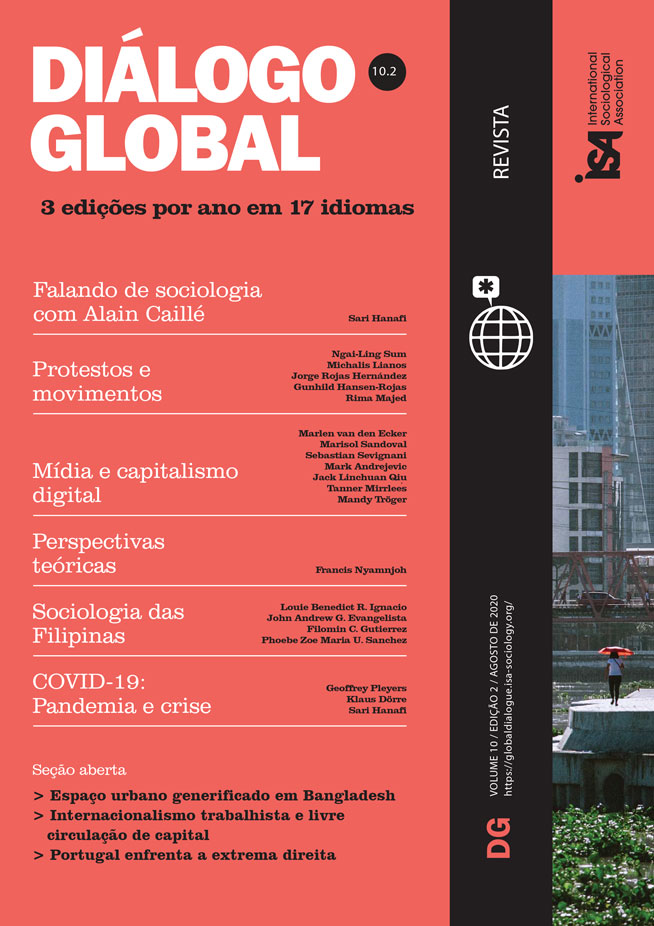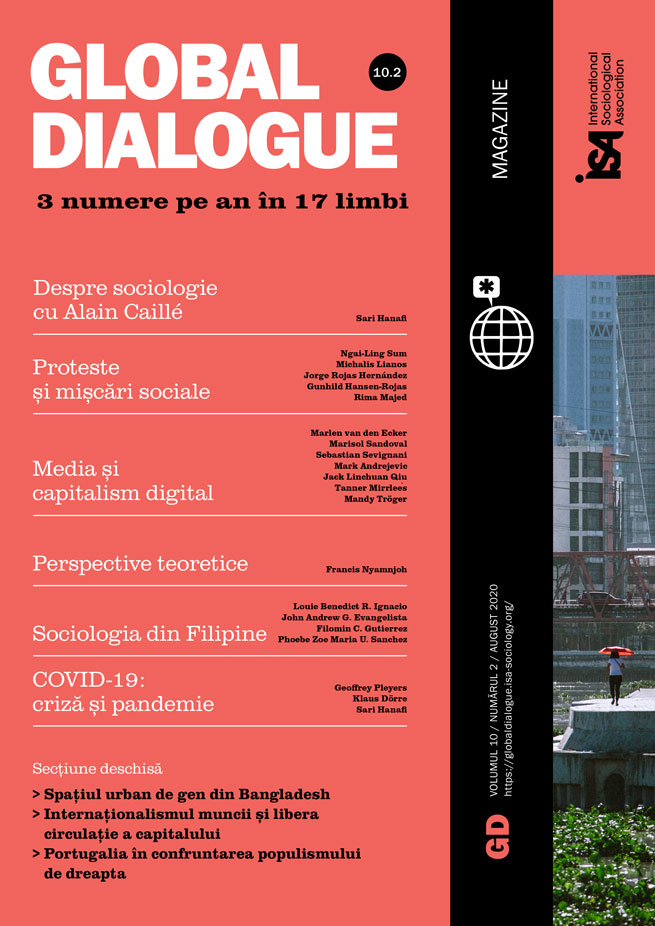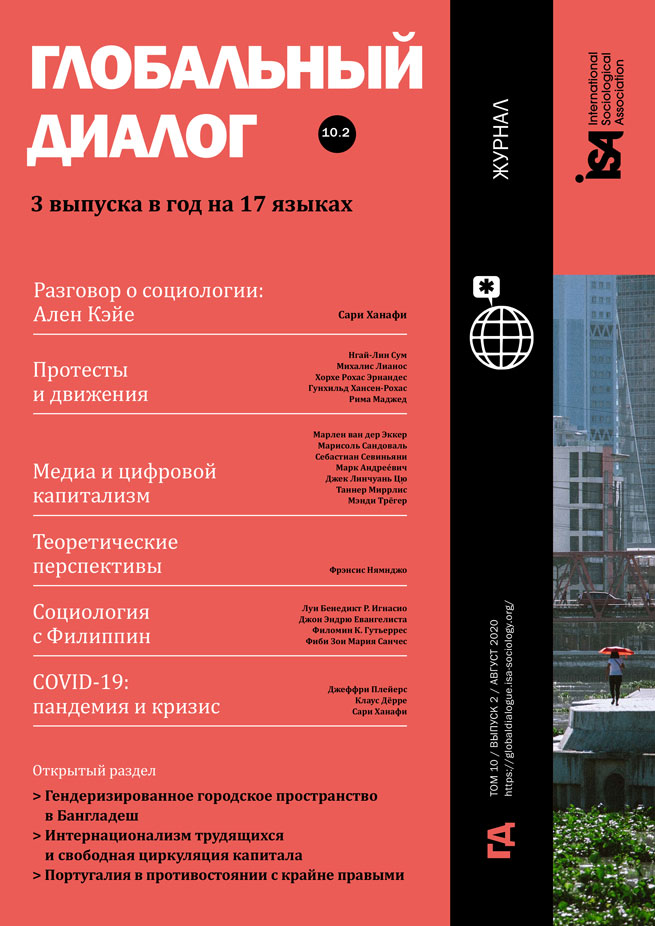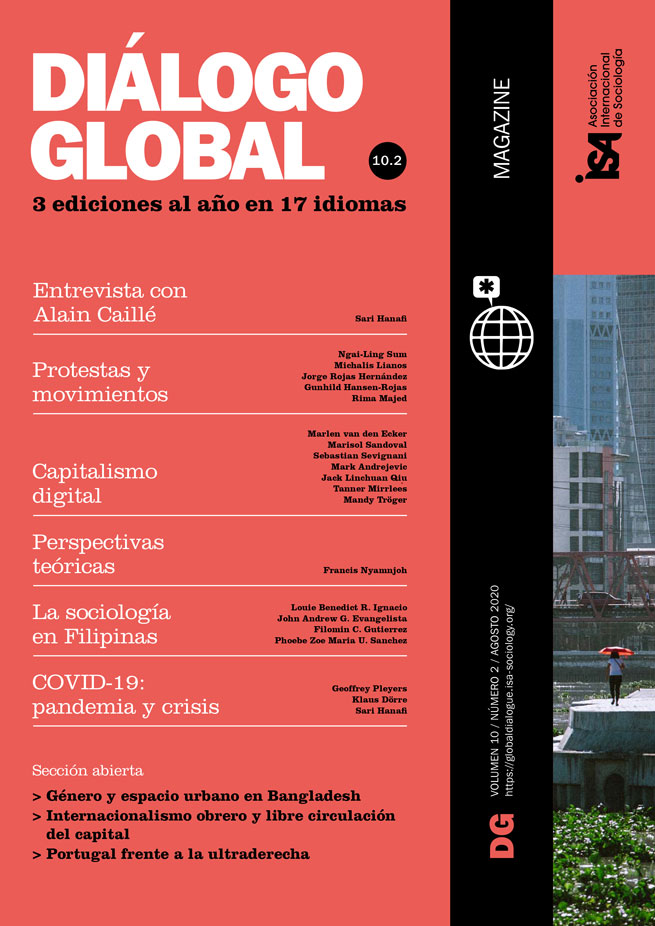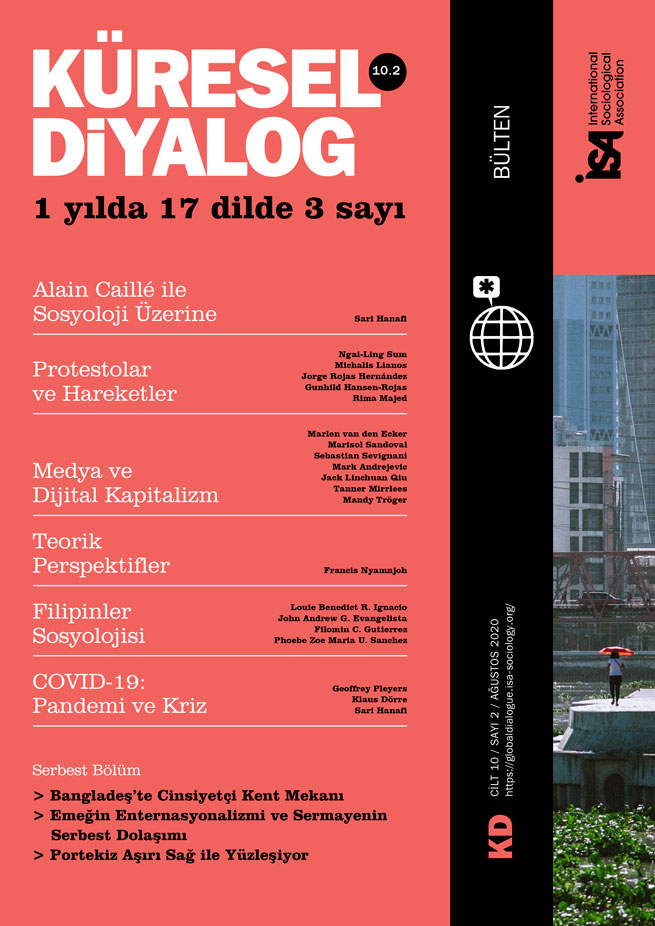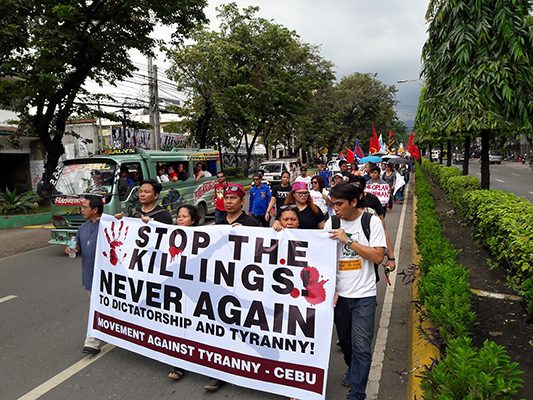Piles of dead bodies have mounted under the current Duterte regime (Rappler, December 2018). More concretely, this regime has embarked on an impressive political settlement scheme with a network of feudal political families and compradors in public office backing him up as a bold mouthpiece, along with the Philippine police and military state bureaucracy. This is shown in how Duterte mustered an enormous majority of the members of the Philippine House of Representatives and ousted a Chief Justice in 2018.
Scholars dub this “authoritarian populism” given that, partly, it was said to be interspersed with popular and developmentally progressive programs, despite its open call for “murder” as a strategy in its anti-crime policies. But the regime enthrones a kind of political dynamics that is an outright and naked form of authoritarianism. It has recently increased police, military, and para-military interdiction in Philippine communities as it entrenches dirty politics through election fraud, graft, and corruption and engages in a drastic rampage of killings with baiting à la McCarthy as justification to murder social activists, religious persons, human rights advocates, lawyers, teachers, university professors, peasants, youths and others.
A substantial practice in Philippine sociology since the first dictatorship of the Marcos regime is the employment of public sociology as a necessary response to the perceived invisibility of sociology to the Philippine public. This derives from the viewpoint that Philippine society is confronted with a crisis of permanent dictatorship, from the Marcos to the Duterte regime. It brings to the fore questions about the nature of the first so-called EDSA People Power Revolution in 1986 that toppled the Marcos dictatorship and whether it had truly paved the way for a democratic transition to take place. Unfortunately, it now seems a foregone conclusion that the first EDSA People Power Revolution was short of the tools for genuine democratization given the establishment of a fascistic order 33 years later. This suggests a crisis of permanent authoritarianism, challenging Filipino Cebuano Sociology to rethink whether the years following EDSA 1 were truly years of honing a full democratic transition, or years of girding for the form of dictatorship revived today. For how else could the previous authoritarian practice become alive in its current form and with even more lethal effect? For, compared to Marcos’ killings at a little over 3,000, the volume of deaths in recent times has been an average of 33 persons murdered daily, that is, over 30,000 in the first three years of the Duterte administration (Rappler, December 2018).
Public sociology as practiced in the University of the Philippines Cebu links: a) Professional Sociology, b) Critical Sociology, and c) Sociology of Public Policy. This resonates with Burawoy’s (2004) public sociology that stood on the four divisions of sociological labor, namely: a) professional sociology, b) critical sociology, c) public sociology (the multiple publics), and d) policy sociology. Professional sociology provides mechanisms for the craft of sociology in proper research design and employment of the appropriate methods and techniques, i.e., case studies, sociographies, ethnographies, participant-observation, basic mass integration, etc. This enables sociologists and students alike to test their theses and engage in conversations concerning social and public policies, social institutions, cultures, groups, organizations, and processes of interaction among people working together. In the same manner, it invites social scientists to reimagine social problems beyond social constructionism, extending Filipino public conversation to the streets, and providing mechanisms to record and publish patterns of public interest articulation. This is standing on the indigenous or local political practice of governance, where critical sociology enables the understanding of the struggle for power between and among groups engaged in conflict over certain limited resources. Critical Sociology weighs structures – whether dominant or dominated, who controls and who is being controlled. Its end point is the creation of a Filipino critical mass that can be mobilized into actual public demonstrations organized to create a social movement. This social movement in turn becomes the necessary prime mover to the final link which is assessing and evaluating the content and context of public policies in the form of policy sociology.
The intricate weaving of the aforementioned links makes the concrete amalgam of techniques that enables public sociology to work as a scientific field. Public sociology takes place when dynamics of democratization are enabled for marginalized sectors to have access to resources and play an important role in civil society and within the state. It first takes the form of an academic exercise in sociological imagination, as a point of conversation among students and professors. Then it extends beyond the four walls of the classroom, to serve as a social tool and enabling mechanism to unlock cultures of silence among oppressed communities via extensive discussions, theorizing, and social engineering by supporting organizations among poor, deprived, oppressed, and violated individuals and communities. A sociologist’s ability to muster a sheer force or volume of people is a means to unmask the ways the state has straightforwardly and violently served as an instrument for the protection and preservation of ruling class interests.
Most especially in the Philippines today, public sociologistshave to be emboldened as harbingers of the process of democratization because the Philippines is confronted with an entrenched level of democratic deficit and absence of the rule of law. This time, like in the Marcos era, the Philippines needs civil society formations that are self-organized, voluntary, self-generating, genuinely autonomous from the state, and able to articulate the public interest, bound by a legal order or a set of shared rules. Hence, public sociology’s end point may be called the sociology of public demonstration. This sociology of public demonstration consists of proofs, persuasion tools, transactional and coordination mechanisms, cognitive and rational apparatuses in the form of collective erudite communicators on issues or advocacies, and/or mobilization and competition social apparatuses in the form of a mass of people, or vote banks. This sociology of public demonstrationmeasures how efficient and effective is the public sociologythat is being engaged. And the public in demonstrations is a cue for public policy instrumentation as it provides a venue for assessing and accounting for the effectiveness or failure of a government’s public policy.
A major end of public sociology is summing up and theorizing the relationship between the government and the governed (Lascoumes and Le Galès, 2007; The American Sociologist, 2005). From a Global South perspective, comes actual governing in the framework of a native logic or of community collective sharing and relationship in solidarity. This framework is then incorporated in the means-making, regulating, tax-generating and mass-communicating of government institutions subject to actual public scrutiny of civil society and its public demonstration.
Phoebe Zoe Maria U. Sanchez, SMAG/CriDIS, UC Louvain, Belgium, and University of the Philippines Cebu, Philippines and member of ISA Research Committee on Political Sociology (RC18) <phoebe.sanchez@uclouvain.be>
